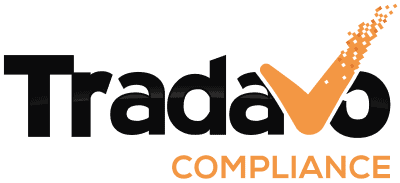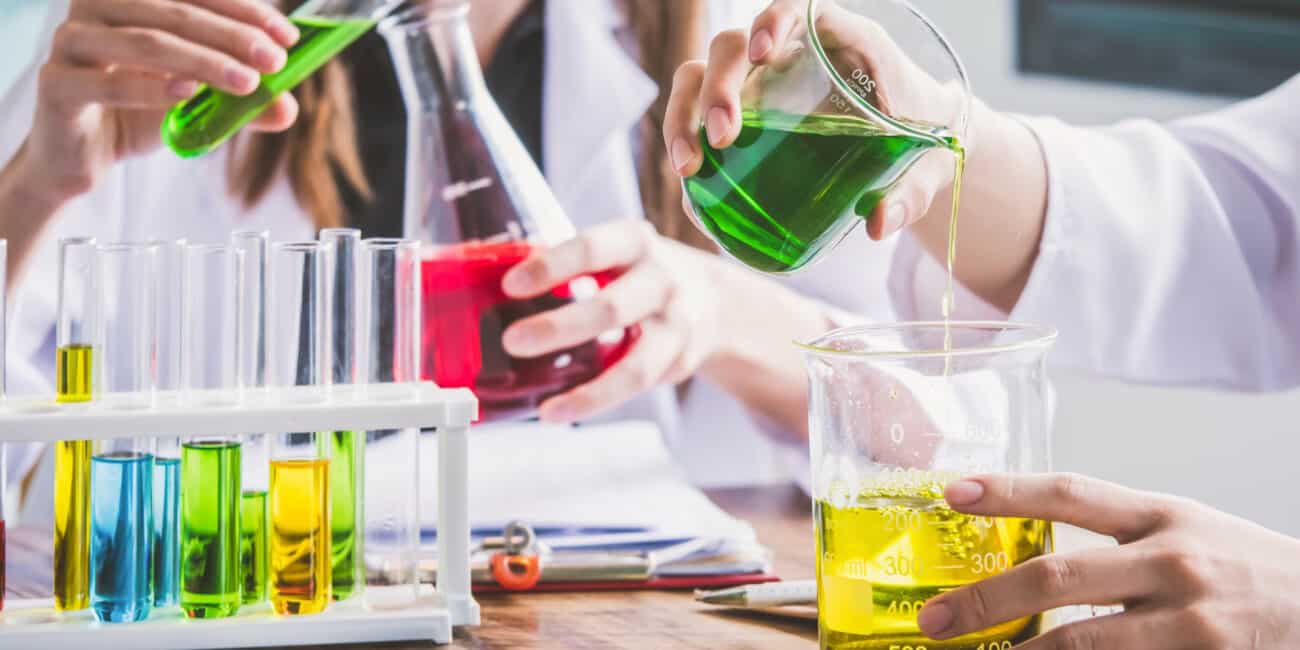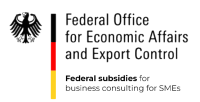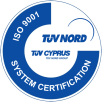Foodstuffs and Feedstuffs Code
You ask yourself: I only want to sell combs, bedding, or artificial eyelashes. What does that have to do with food all of a sudden? At this point, you can be sure of one thing – you are not alone with this question.
With so many different European and national regulations, it’s easy to lose track of what’s going on. Even if you’ve found the relevant laws, applying them is often not quite as logical and straightforward as it seems at first glance. The German Food and Feed Code – abbreviated LFGB is a prime example.
To shed more light on this, we will detail in this article about the LFGB, which products it applies to, and what obligations it imposes on you as a seller.
What is the German Food and Feed Code (LFGB)?
The LFGB applies to more than just food and animal feed despite its name. The LFGB is the umbrella law of the German food law system. In addition to food and feed, this code applies to consumer goods and cosmetics! LFGB’s primary aim is to protect consumers from deception and substances of concern by ensuring flawless quality. The quality is monitored, of course.
The LFGB was revised in mid-2021, and regulations were adopted in line with EU law. For you, the innovation of food traceability information, which includes, for example, food supplements, is significant. As of 01.09.2022, this must be submitted electronically within 24 hours of request by authorities. In addition, materials and articles intended to come into contact with food must be traceable under Regulation (EC) No. 1935/2004. Additionally, operators of online marketplaces, such as Amazon, will also be held more accountable and, accordingly, will be subject to stricter controls.
Consumer goods, according to the LFGB
Above, you can already determine which products are subject to the LFGB. With food and cosmetics, you can still envision something, but it might look a bit different with consumer goods.
LFGB § 2 regulates these consumer goods, which includes, among others:
- Objects that come into contact with the mucous membranes of the mouth (e.g., pacifiers or whistles)
- Objects for personal hygiene (e.g., brushes)
- Items intended to come into contact with the body other than temporarily – for example, shoes, jewelry, bedding, or artificial eyelashes
- Toys and joke articles
- Agents to improve odor – i.e., scented sprays or scented sachets.
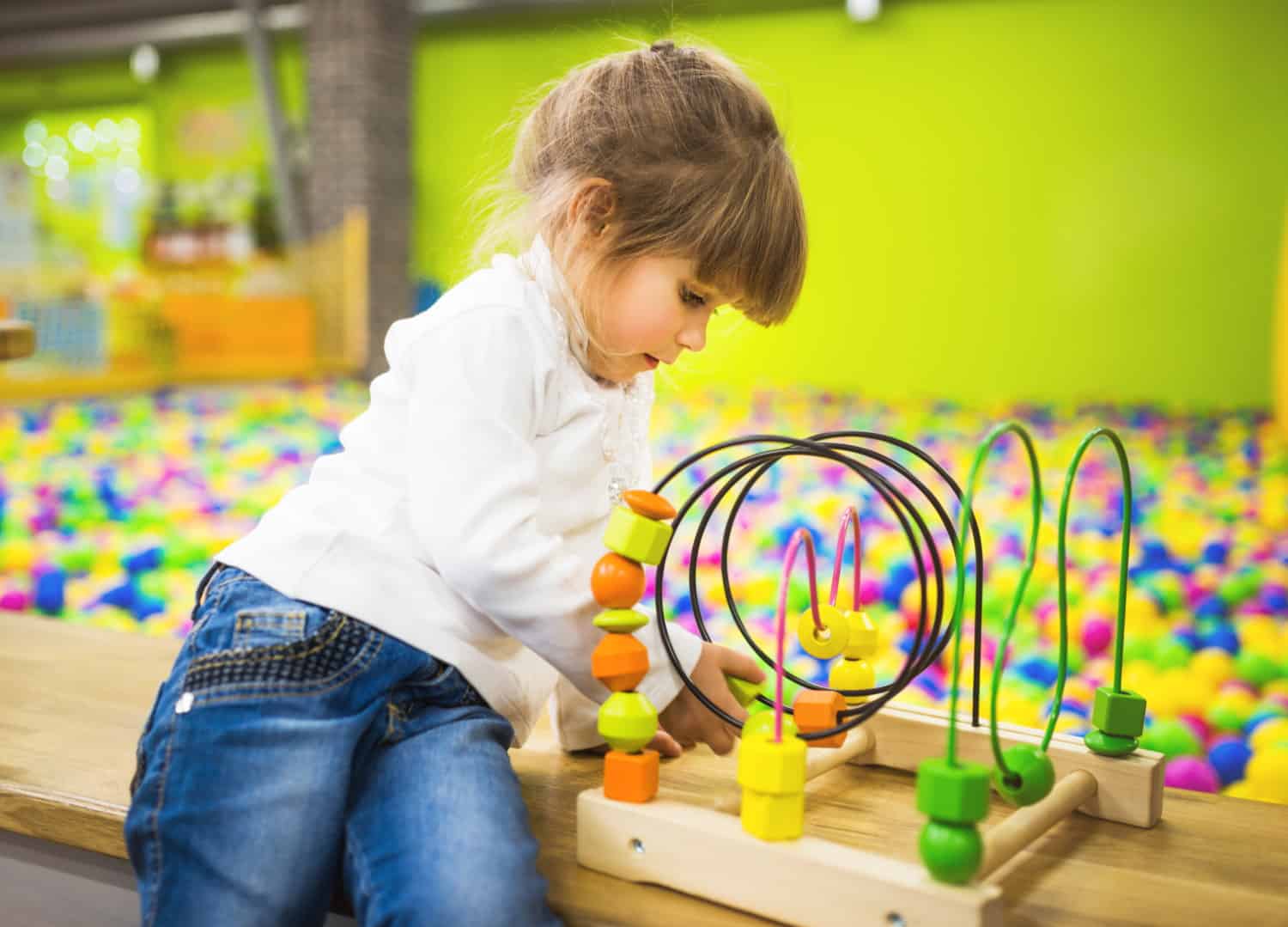
What are consumer goods tested for?
Consumer goods must comply with many regulations, including the German Food and Feed Code (LFGB), the Consumer Goods Ordinance (Bedarfsgegenständeverordnung) and the REACH Regulation. Depending on the product, other regulations may also apply. For example, toys must also comply with the EU Toys Directive. In the case of toys, checks are also carried out to determine whether certain phthalates are contained. In addition, inspections are carried out to determine whether substances of concern in the product exceed the maximum quantities or even contain banned substances. Consumer goods that contact the body and toys are also tested for sensitizing or allergenic substances.
In principle, it can be said that consumer goods must be such that they do not harm the user’s health through their composition when used as intended.
Consumer goods with food contact
In addition, there are also so-called food contact materials. These are intended for contact with food. These include, for example, packaging, cutlery, bowls, and pots. But materials in processing equipment such as coffee machines are also considered food contact materials.
Since substances can transfer very quickly from these materials and articles to the food due to the close contact, stricter guidelines apply here than for materials and articles that do not come into contact with food. For example, no substances may be transferred to the food that endangers human health or causes an unacceptable change in the food.
In addition, food contact materials and articles must be adequately labeled. This can be done by indicating the intended use or with the general symbol for food contact – the glass fork symbol.
When am I responsible?
In principle, you must ensure that your product is safe for the consumer to use, regardless of whether you are a manufacturer, distributor, or marketer. You must also always ensure that the origin of your products is traceable and that all necessary declarations of conformity are available, insofar as this is required by law.
Let’s take a look at the sale of false eyelashes as an example. These are a commodity, as they are intended to come into contact with the body not only temporarily but for a more extended period of time.

Let’s assume you find a suitable product for you and you order it. If the seller comes from a non-EU country, you become the importer. This makes you liable under the Product Safety Act, just like the manufacturer, so you are responsible for ensuring that your product meets the legal requirements for product safety!
However, suppose you want to sell cooking spoons, for example. In that case, stricter guidelines and limits apply, as this is an article of daily use with food contact.
As you can see, consumer goods can pose many hazards depending on their intended use. They also have different directives and regulations. Making your way through this jungle of rules can be complicated and time-consuming.
It is not uncommon for sellers to commission laboratory tests that are unnecessary because the product does not fall into the intended category.
How can we support you?
We at Tradavo take these worries off your hands! Through years of experience, we know exactly which category your product belongs to, which laboratory tests may still need to be done, which declarations of conformity are necessary and much more. With us, you get a worry-free complete package. You only have to sign the finished declarations of conformity, and then your product is ready to be sold.
You need assistance?
Who wrote this article?
As an author, Christina fills the blog section of our website with exciting and informative articles, so that our readers can always take care of product compliance in their company in the most well-informed way.
- Christinahttps://compliance.tradavo.eu/en/author/epywxge/
- Christinahttps://compliance.tradavo.eu/en/author/epywxge/
- Christinahttps://compliance.tradavo.eu/en/author/epywxge/
- Christinahttps://compliance.tradavo.eu/en/author/epywxge/
